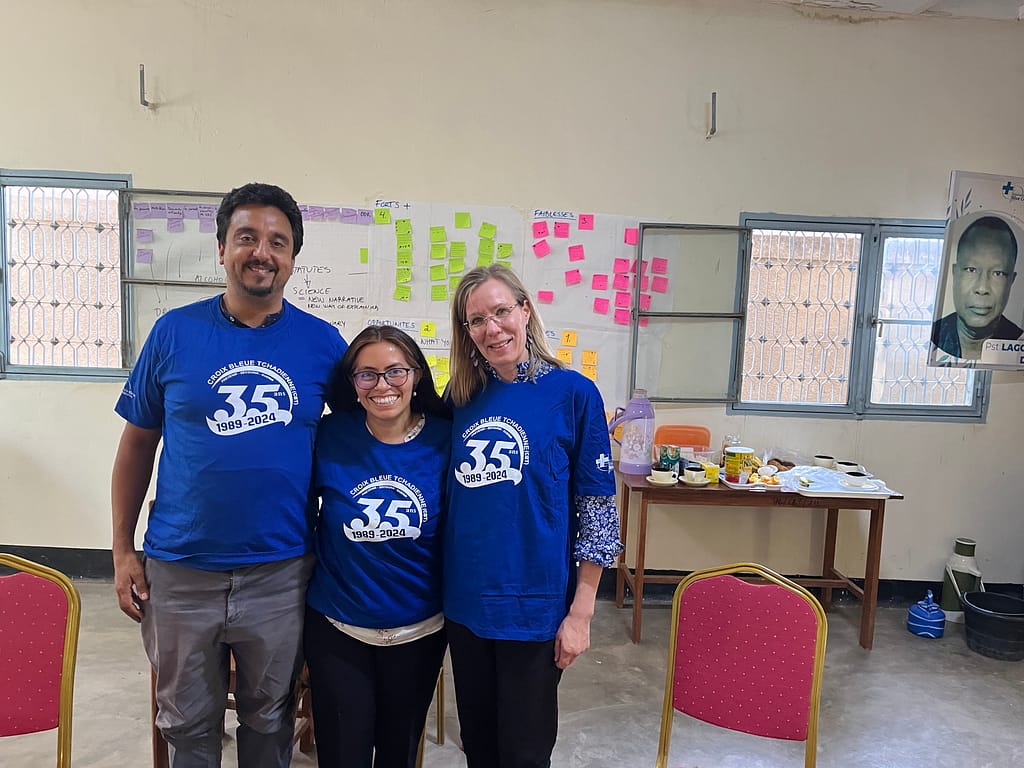NGO management is a rewarding but challenging endeavor, no matter where you are in the world. This truth became even more vivid to me during my recent visit to Blue Cross Chad, which this year celebrates its 35th anniversary. From its beginnings as a small organization driven by a Christian calling to help those struggling with alcohol and other drug problems, Blue Cross Chad has evolved into a professionalized organization that offers evidence-based alcohol prevention and self help programs.
At its core, Blue Cross Chad has always had one simple, profound mission: to leave no one behind in their struggles. This motivation continues to guide their work, even as it has expanded from a grassroots initiative to an established, multifaceted organisation. Today, they work not only with individuals in need but also on larger policy initiatives that impact the nation.
Leadership in an organization like Blue Cross Chad, which relies heavily on volunteer service, requires resilience and adaptability. Even though the core leadership is not salaried, the organization is held to high standards and operates international development projects staffed by paid professionals as projects have funding. This is no small feat in a country where funding for social and health-related NGOs is extremely limited, and government finace is nearly non-existent. In many ways, the ongoing success of Blue Cross Chad is a testament to the dedication and miracle of committed civil society members coming together for the common good.
Over the years, Blue Cross Chad has achieved remarkable accomplishments. They have successfully influenced national policies by advocating for a ban on alcohol sachets, played an active role in anti-tobacco initiatives, and provided essential services across various areas. Their impact spans preventive activities in schools, after-school programs, and alcohol and other drug prevention for moto-taxi drivers. They’re also engaged in sexual and gender-based violence (SGBV) prevention, offering referral support, and facilitating self-help groups on critical topics.
The importance of NGO management is clear: it enables ordinary citizens to contribute their time and skills to a purpose larger than themselves. The impact of Blue Cross Chad’s programs extends far beyond isolated projects, creating a network of support and advocacy for those in need. Their commitment to change shows that even in challenging contexts, dedicated people can build a program of high quality and lasting influence.
As we celebrate Blue Cross Chad’s 35 years of service, I want to extend my heartfelt congratulations to them for their unwavering dedication. May they continue to inspire and make a difference for many years to come. If you are interested in partnering with or supporting a truly impactful program, don’t hesitate to reach out—together, we can amplify their incredible work and reach even more lives.



